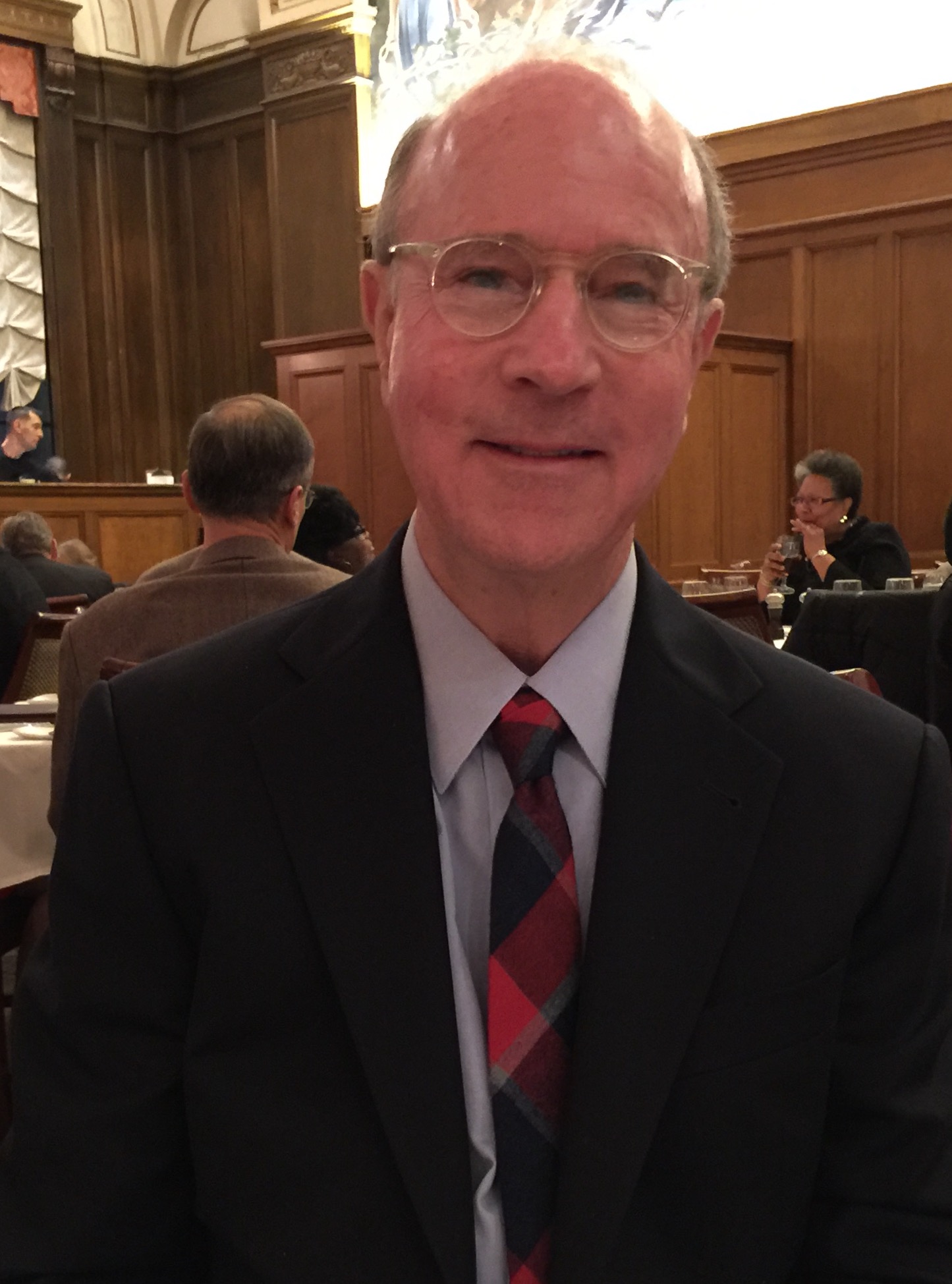Emeritus Councilor - C. Paul Scott

He lives in Pittsburgh with Nancy, his wife of forty-five years. She is a Senior Institutional Review Board Member at UPMC. Their daughter Becky is a Pediatrician/Hospitalist at New York Hospital, and their son John is the Deputy Chief of Biostatistics for Biologics at the FDA. Our four grandsons, Oliver, Luke, Victor, and Linus, are a constant source of joy.
Paul’s affinity for Balint work was spotted right away in his first year of psychiatry residency. I participated in a Balint group led by Ralph Coppola, MD. Ralph had trained with Michael Balint during his visits to Pittsburgh in the 1960’s and invited me to co-lead a Balint group with him at the newly formed Family Medicine Residency at St. Margaret Hospital. He still leads three of the many Balint groups he has founded or fostered for UPMC, in their psychiatry, family medicine and ob/gyn residencies.
One of the founding members of the ABS in 1990, Paul was elected to the first Council and served for 23 years, filling many positions, including the presidency from 2005-2007. His skills and values have been transformatively important to the internal workings of the society. He took on the task of ordering the many Policies and Procedures and developed a procedure to maintain this integration; with Treasurer Janet Walker he professionalized budgetary matters and instituted rational standards for reserve and discretionary funds. His quiet voice of conscience, his contagious mirth, and his utter faithfulness to what makes Balint work unique have always ensured that his opinions and suggestions had a strong impact, no matter how gently they might be delivered. When term limits led to his retirement from the Council, he agreed to serve as founding leader of the Committee on the History of the ABS.
Paul has hosted multiple Intensives in Pittsburgh and supervised many people in that community and beyond toward the ABS leadership credential. While his regional Balint mark is strong and lasting, his national contributions extend to the method itself. He pioneered a consultation group composed of credentialed leaders with the novel query, Who’s got a group? This allowed a focus on what it means to be the leader of the group, and a study of various possible interventions, including those departing from conventional wisdom that may be required in unique situations, ‘parameters’, to borrow a psychoanalytic term. My hope was that such groups focusing on parameters would help us to understand the variety of techniques of leadership practiced by our diverse membership and in this way remain curious and open to new ideas, while maintaining standards of excellence. The level of integration of Balint principles evident in this approach is impressive. Perhaps that is what lends his statement of enthusiasm about Balint work in his life an undertone of promise: Wherever there is Balint work afoot, I will be there.